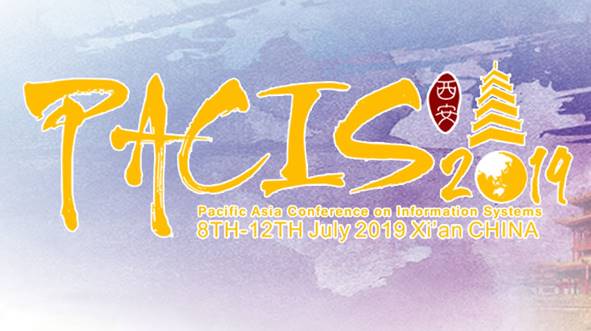PACIS 2019 Proceedings
Abstract
As mobile instant message (IM) apps allow individuals to communicate with each other in a real-time, cost-effective and convenient way, their use is becoming increasingly common in the workplace. More and more managers or supervisors began to use IM apps as medium for assigning tasks to or receiving feedback and information from their staff, even during after-hours or non-work time. Using IM Apps to perform supplemental work during afterhours might blur work-home boundaries and make staffs experience pressure from family to spend time with them, leading to work-family conflict. Drawing upon transactional model of stress and coping theory, this study develops a research model to examine how individuals cope with work-family conflict due to supplemental work-related instant messages from the supervisor during after-hours. The research model theorizes that the technological characteristic of IM, permeability, promotes work-family conflict, which in turn triggers two coping strategies, i.e., moral disengagement and behavioral disengagement. Moral disengagement is theorized to lead to behavioral disengagement, which in turn increases job strain and decreases job engagement. We further theorizes that moral disengagement moderates the relationship between workfamily conflict and behavioral disengagement. This study will empirically test the model with data collected from 250 employees of Taiwan’s companies.
Recommended Citation
Cheng, Hsiang-Lan; Lin, Tung-Ching; and Chiu, Chao-Min, "Understanding Employee Response to Work-Related Use of Instant Messaging App After-Hours: A Stress and Coping Perspective" (2019). PACIS 2019 Proceedings. 216.
https://aisel.aisnet.org/pacis2019/216


